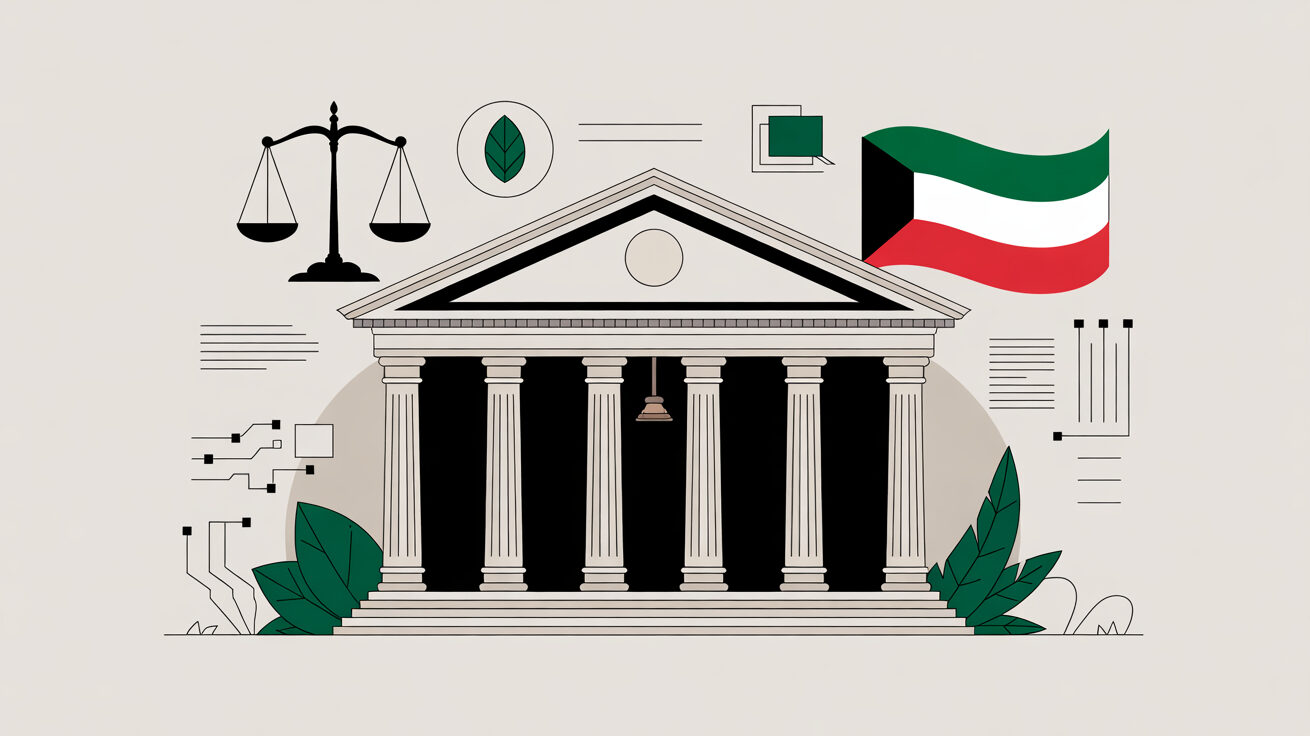Social Development by Law in Kuwait
Al Qabas, Kuwait, September 23
Since its founding, Kuwait has pursued a legal path that reflects the state’s commitment to building a society grounded in justice, equality, and human dignity. The principles of social justice have been firmly entrenched in our society, making social legislation a key instrument for translating these ideals into practical reality. Over the decades, the legal framework has steadily evolved to address new issues related to education, literacy, women, children, persons with disabilities, and housing, while also modernizing labor and social insurance systems to strengthen social stability.
This progress stems from a clear leadership vision that seeks to balance the demands of economic development with the preservation of the social fabric, ensuring that the law mirrors the vitality of society and its aspirations for the future. Social development in Kuwait, driven by laws, has produced tangible positive outcomes, including the expansion of rights, steady developmental progress, and meaningful social change. Women’s participation in public and professional life has grown significantly, and social justice has been advanced by supporting those who are financially or physically vulnerable.
Legislative amendments have also modernized the labor market, creating a more attractive environment for workers. At the same time, reforms to family and childhood laws have brought them closer to international human rights standards. These legal transformations have fostered a more just and stable society and elevated Kuwait’s standing as a state determined to harmonize national culture with the values of modernity. The law has become an essential tool for strengthening trust between citizens and the state, paving the way for social development through more effective civil institutions.
Give the gift of hope
We practice what we preach:
accurate, fearless journalism. But we can't do it alone.
- On the ground in Gaza, Syria, Israel, Egypt, Pakistan, and more
- Our program trained more than 100 journalists
- Calling out fake news and reporting real facts
- On the ground in Gaza, Syria, Israel, Egypt, Pakistan, and more
- Our program trained more than 100 journalists
- Calling out fake news and reporting real facts
Join us.
Support The Media Line. Save democracy.


The next phase calls for forward-looking legal proposals aimed at deepening social justice, expanding civic participation, empowering young women and men, and providing opportunities for them to demonstrate their abilities to drive positive change. Among these proposals are comprehensive laws to combat cyber violence and protect digital rights amid rapid technological transformation, as well as updated labor legislation to incorporate flexible models that reflect the demands of the new economy.
Additional reforms would support transparency and accountability in public institutions while enhancing environmental protection and community health to sustain social development and raise Kuwait’s profile in international forums. Social inclusion laws, similar to those in the European Union, would guarantee equal opportunities for all groups without discrimination based on gender, race, or disability. Environmental justice acts, like those in Canada and the Scandinavian countries, would link environmental protection to the quality of social life, with direct benefits for public health and societal stability. Social economy laws, inspired by Spain and France, could encourage the growth of social and cooperative enterprises, creating sustainable jobs that strengthen social cohesion. Transparency and accountability laws, modeled on the Scandinavian experience, would enforce disclosure and institutional oversight, bolstering citizen confidence in state institutions and limiting corruption.
By adopting such advanced global standards, Kuwait can build a balanced and resilient society where the law serves not only as a mechanism of oversight but also as a driver of innovation and sustainability. This would propel the country toward greater global competitiveness while promoting justice and fostering development in tandem. If implemented, these proposals would usher Kuwait into a new era of legal and social progress, transforming it into a model of institutionalization capable of protecting individual rights and ensuring collective advancement. Investing in the modernization of social laws is an investment in Kuwait’s future—one that enhances its stature among advanced nations and provides its citizens with a fair, adaptable legal environment capable of meeting the challenges of a rapidly changing world.
Ghadeer Mohamed Mahmood Aseeri (Translated by Asaf Zilberfarb)

